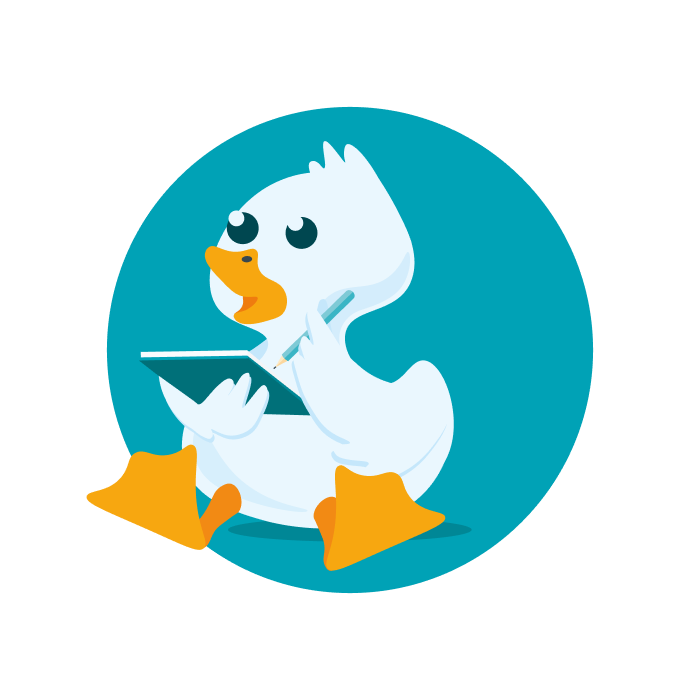How to run a School Community Project?
In this blog post, you will find a complete guideline on how to run School Community Projects.
Over the past three years, Ducky has been part of the MOST project together with pedagogical partners from all Europe, including professors from the Norwegian University of Science and Technology (NTNU).
We are now very proud and happy to share the end-result of this great collaboration - a pedagogical guideline to help professional educators to run School Community Projects!
Co-written by the NTNU professors Maria I. M. Febri, Ragnhild Lyngved Staberg, Jan Tore Malmo, and John Magne Grindeland, this guideline contains pedagogical materials that can be used as educational basis to run School Community Projects (SCPs), and Exemplary Science Materials presented as a collection of exemplary SCPs from each participating country in the MOST project.
But what is this MOST project we keep mentioning? And what exactly is a School Community Project?
The introduction of the pedagogical guideline says it all, and it is definitely of great interest to all pedagogical leaders out there!
‘’MOST (Meaningful Open Schooling Connects Schools to Communities) is a project under Horizon 2020, the European Union’s program for research and innovation 2014-2020. MOST aims to promote responsible research and innovation by opening up science education with the purpose of creating learning spaces, which are accessible for all citizens to join, and let society learn from, about and with each other. MOST introduced School-Community-Projects (SCPs) and showed how such projects can serve as a purposeful implementation instrument for Open Schooling. An SCP is a cooperation between students and their community.‘’
‘’In an SCP, students and their teachers collaborate with members of the community: Families, science education providers, citizens, businesses, etc. They join to work on an environmentally relevant issue that directly affects their community and develop regionally feasible solution approaches. The acquired knowledge is then to be delivered to the community.’’
We can't wait to see how the guideline will be used by our network of teachers, and we are very much looking forward to new and exciting School Community Projects happening all over Europe!
